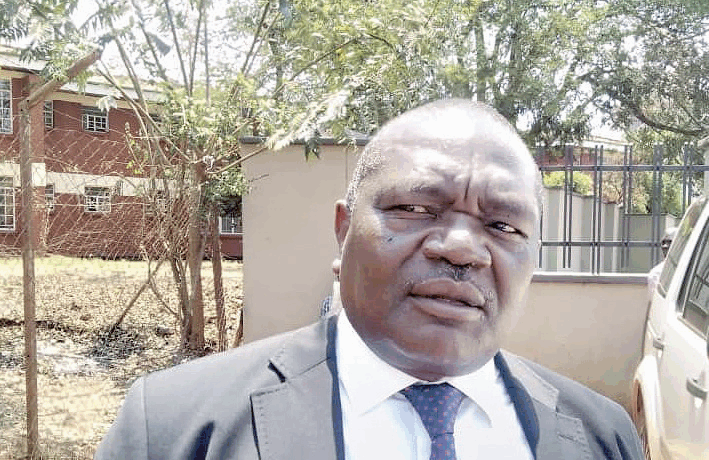The High Court of Malawi in Lilongwe has thrown away, with costs, a judicial review application filed by the Bankers Association of Malawi (BAM) challenging the constitutionality of the recently introduced Exchange Control (Holding Foreign Currency Denominated Accounts and Mandatory Conversion of Foreign Currency Receipts) Regulations (ECR) 2024.
In dismissing the application, Judge William Yakuwawa Msiska of the Civil Division observed that since BAM was not a commercial bank or a non-governmental organisation (NGO) which the ECR 2024 targeted, did not have sufficient interest to pursue judicial review proceedings.

Pursuant to the provisions of Order 19, rule 20 (1) (a) and ( 3 ) o f the Courts (High Court) Civil Procedure Rules (CPR), BAM filed a without notice application seeking permission to apply for judicial review of the decision by Minister of Finance and Economic Affairs to promulgate and seek to enforce the ECR published in the Malawi Gazette under Government Notice No. 75 of 2024.
The ECR 2024, among others, require mandatory opening of foreign denominated accounts with the Reserve Bank of Malawi (RBM) by bodies that the central bank does not have statutory power to open accounts for and conversion or sale of huge chunk of foreign currency at rates that are other than market rates and within a given time period.
However, the association, initially represented in the case by Kalekeni Kaphale, SC, argued that the regulations were unlawful and unconstitutional as the publication occurred without consultation with it and that the ECR 2024 was published without being debated by the National Assembly or the Legal Affairs Committee of the National Assembly But Attorney General (AG) Thabo Chakaka-Nyirenda and Neverson Chisiza who represented the minister argued that BAM lacked legal standing and failed to demonstrate that individual commercial banks had authorised the association to represent them.
In his ruling judge Msiska agreed with Chakaka-Nyirenda and Chisiza stating that BAM lacked the necessary legal standing to challenge the regulations as they primarily impact commercial banks and NGOs rather than the association itself.
The court reaffirmed that only directly affected parties, in this case commercial banks and NGOs, could initiate such legal proceedings.
“Clearly, for any person or group of persons to be able to seek the assistance of the courts, etc., that person or group of persons should have sufficient interest or locus standi in the promotion, protection or enforcement of human rights under Chapter IV of the Constitution.
“It is clear that the claimant [BAM] not being a commercial bank nor an NGO on whom the ECR 2024 are intended does not have the sufficient interest or locus standi to bring to this court judicial review proceedings.
“It is only the commercial banks and NGOs who can bring proceedings under Order 19, rule 20 aforesaid as they are the ones whose rights, freedoms, interests or legitimate expectation, if any, are affected or threatened and not the claimant,” reads Msiska’s ruling dated April 24 2025.
Further, Msiska also dismissed BAM’s application for stay of the implementation of the regulations as there was no substratum to support its existence.
The ruling effectively upholds the minister’s decision to introduce and implement the regulations, which aim to check illicit financial activities and stabilise the economy.
Both BAM president Phillip Madinga and chief executive officer (CEO) Lyness Nkungula did not respond to our inquiry but Chakaka- Nyirenda expressed satisfaction with the court’s determination saying “our stand was that the ECR 2024 are lawful and constitutional aimed at dealing with the rampant financial crimes.”
“So we are happy that the court has dismissed the application as per our prayer because it did not raise triable issues.”





